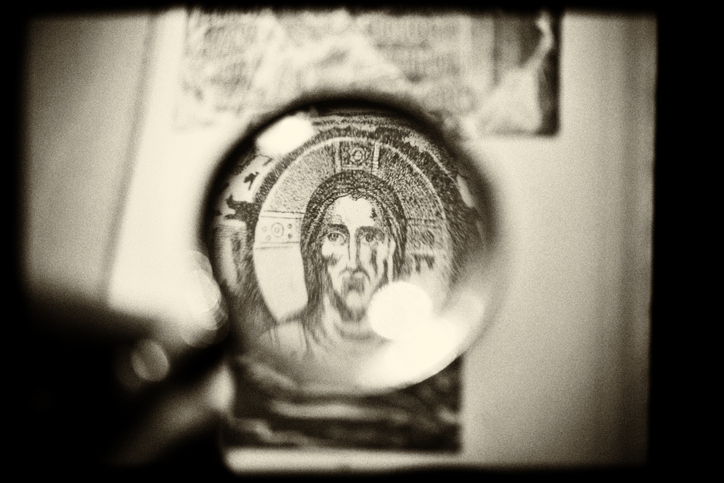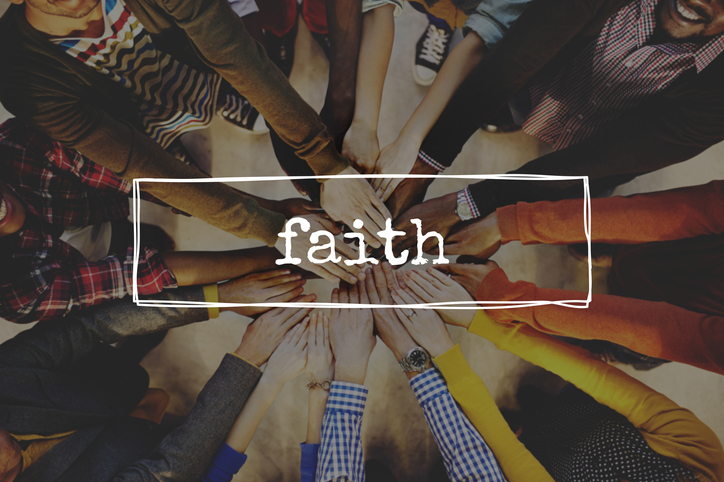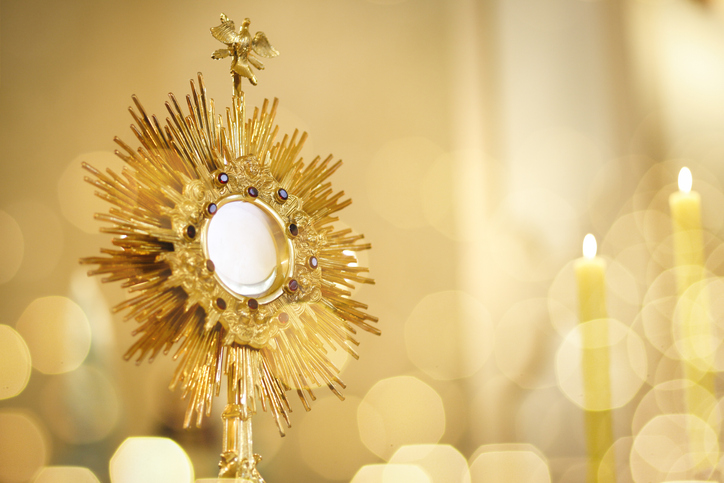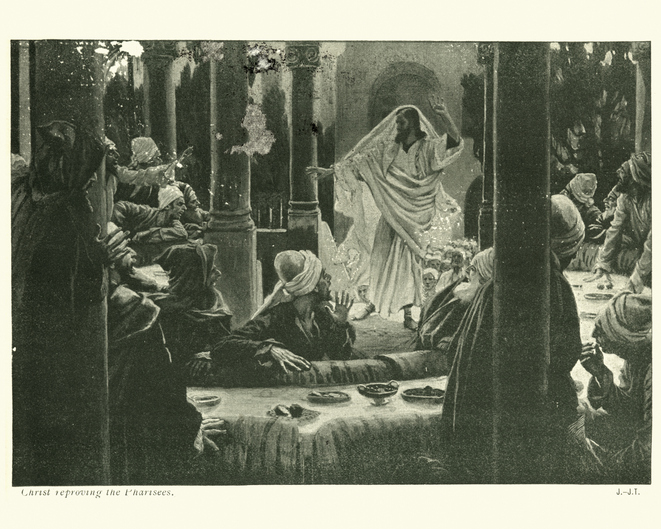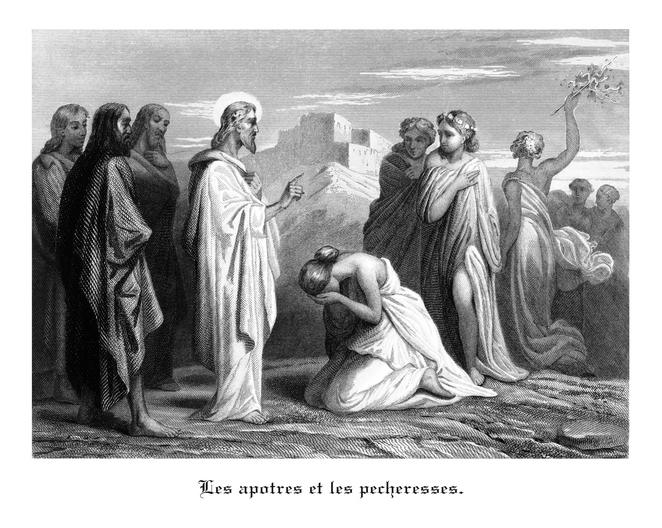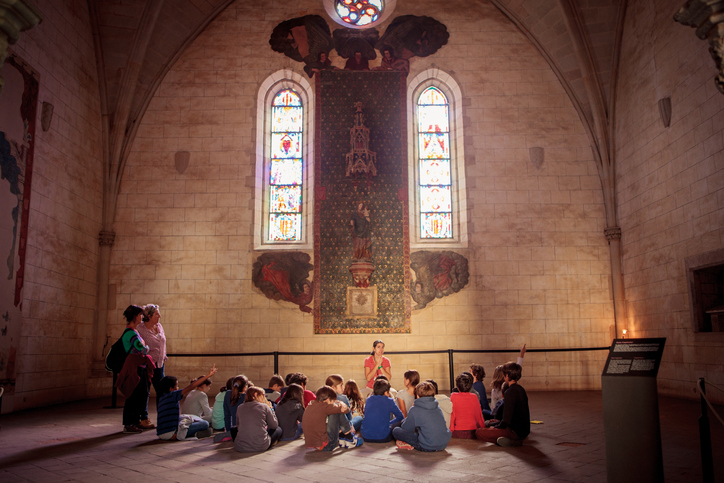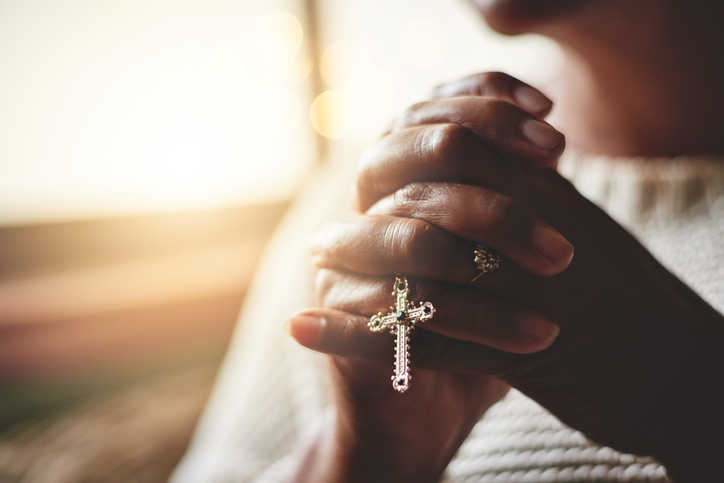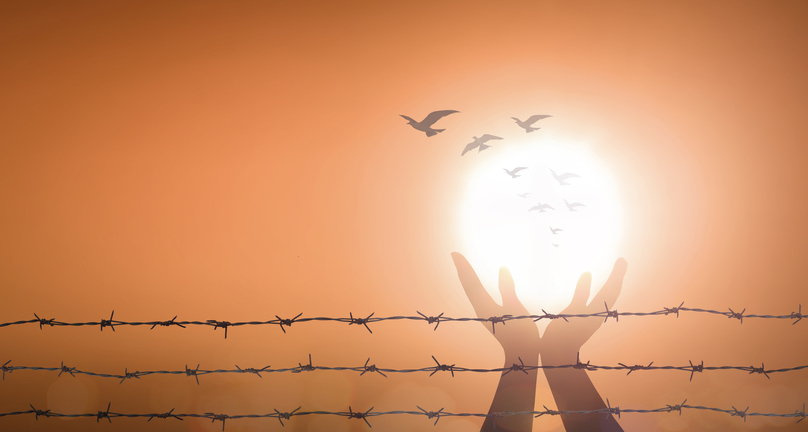Opinion (noun) a view or judgment formed about something, not necessarily based on fact or knowledge
We form opinions all the time. What (or who) we like, what we don’t like, what we want to eat and what makes us turn up our nose. We have viewpoints on politics, education, society, gardening, and religion. There is no end to the topics about which we form judgments, not necessarily based on fact or knowledge.
What does that mean for us as Christians? Our God and Creator is the Supreme Being. He is primary to all else. He is the source of all that is good, true, and beautiful. His is the source of wisdom and true knowledge.
When Jesus asked the disciples, “Who do the crowds say I am?” He was asking for the prevailing opinion, not necessarily based on fact. The Jews were looking for a political king. Someone to shake up the social order and help the Jews rise in socio-political standing. The opinions of the crowd, “John the Baptist,” “Elijah,” or an “ancient prophet” all were affected by what they thought would happen when the promised Savior arrived. They were looking for their time to be on top, to be the ones with authority.
The fact is Jesus did shake up the social order, but not in the way they were expecting. “Jesus summoned them and said to them, ‘You know that those who are recognized as rulers over the Gentiles lord it over them, and their great ones make their authority over them felt. But it shall not be so among you. Rather, whoever wishes to be great among you will be your servant; whoever wishes to be first among you will be the slave of all. For the Son of Man did not come to be served but to serve and to give his life as a ransom for many.’” (Mark 10:42-45)
When Jesus turns the question and asks the disciples, “But who do you say that I am?” He isn’t asking for their opinion. He is looking to see if they have been listening, have they truly opened up their hearts and their minds to his teachings? Is their answer grounded in the wisdom of the Holy Spirit? Every action Jesus takes speaks louder than the most eloquent of us. From calling fisherman to be leaders of His new Church to eating with tax collectors and women on the fringes of society, Jesus acts in wisdom born of the true knowledge of who people are and who he is.
Isn’t that our goal? When we acknowledge who Jesus is, and we embrace who we are in his sight, then we no longer have need of voicing opinions which may not have any basis in fact. We don’t need to try to control situations or turn things to our advantage. We stand straighter in the knowledge of the Master whom we imitate. We no longer strive for authority or to lord our thinking over others; we desire to imitate Jesus, who came to serve.

Sheryl delights in being the number 1 cheerleader and supporter for her husband, Tom who is a candidate for the Permanent Diaconate in the Diocese of Kalamazoo. They are so grateful for the opportunity to grow together in this process whether it is studying for classes, deepening their prayer life or discovering new ways to serve together. Sheryl’s day job is serving her community as the principal for St. Therese Catholic School in Wayland, Michigan. Since every time she thinks she gets life all figured out, she realizes just how far she has to go, St. Rita of Cascia is her go-to Saint for intercession and help. Home includes Brea, a Bernese Mountain dog and Carlyn, a very, very goofy Golden Retriever.

